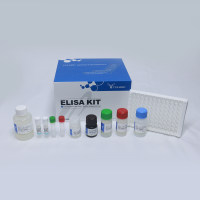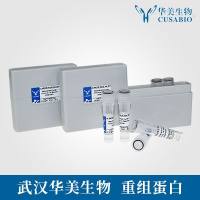RNAi is a powerful research tool for specific gene silencing and may also lead to promising novel therapeutic strategies. However, the development of RNAi-based therapies has been slow due to the lack of targeted delivery methods. The biggest challenge in the use of siRNA-based therapies is delivery to target cells. There are many additional obstacles to in vivo delivery of siRNAs, such as degradation by endogenous enzymes and interaction with blood components leading to nonspecific uptake into cells, which govern biodistribution and availability of siRNA in the body. Naked unmodified synthetic siRNA including plasmid-carried-shRNA-expression constructs cannot penetrate cellular membranes, and therefore, systemic application is unlikely to be successful. The success of gene therapy by siRNAs relies on the development of safe, economical, and efficacious in vivo delivery systems into the target cells. Attenuated Salmonella have been employed recently as vectors to deliver silencing hairpin RNA (shRNA) expression plasmids into mammalian cells. This approach has achieved gene silencing in vitro and in vivo. The facultative anaerobic, invasive Salmonella have a natural tropism for solid tumors including metastatic tumors. Genetically modified, attenuated Salmonella have been used recently both as potential antitumor agents by themselves, and to deliver specific tumoricidal therapies. This chapter describes the use of attenuated bacteria as tumor-targeting delivery systems for cancer therapy.






